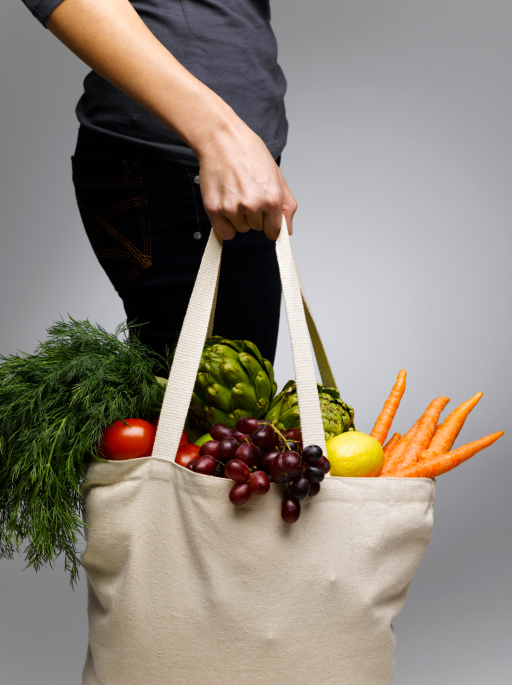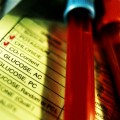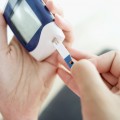25 Diabetes & Heart Healthy Tips
 1 Drink water instead of juice, soda or energy drinks. Drinking a large glass of water 10 minutes before your meal may even make you feel less hungry.
1 Drink water instead of juice, soda or energy drinks. Drinking a large glass of water 10 minutes before your meal may even make you feel less hungry.
2 Keep meat, chicken and fish portions to about 3-4 ounces at your main meal. Bake or broil or grill instead of frying in oil.
3 Share one dessert with someone, or have a cup of fruit salad instead.
4 Use smaller plates (7-9 inches) instead of the normal size dinner plates (10-12 inches) to make your portions seem larger.
5 Eat slowly. Put down your spoon or fork after 2-3 mouthfuls. Talk with others at the table. It takes 20 minutes for your stomach to send a signal to your brain that you are full.
 6 Listen to music or talk with others while you eat. Do not watch TV. People tend to eat more while watching TV.
6 Listen to music or talk with others while you eat. Do not watch TV. People tend to eat more while watching TV.
7 Turn up the music and sing while doing household chores. You will have more fun and probably get more work done.
8 Work out with a video that shows you how to get active. Do this with another person if possible.
9 Take the stairs at work. Or take the stairs as far as you can, and then take the elevator the rest of the way.
10Walk or jog in place or ride a stationary bike while you watch TV. Keep going until the program is over.
11Get off the bus one stop early and walk the rest of the way home or to work, if it’s safe. Or, choose some safe place to walk regularly, such as a mall.
12Choose steamed veggie toppings, like spinach, broccoli or peppers, for your pizza.
13Try eating foods from other cultures. Many of these dishes contain vegetables, whole grains, and beans.
 14Buy frozen and low-salt (sodium) canned vegetables if you are on a budget. They may cost less and keep longer than fresh ones. Look for sales!
14Buy frozen and low-salt (sodium) canned vegetables if you are on a budget. They may cost less and keep longer than fresh ones. Look for sales!
15Cook with smaller amounts of cured meats (turkey bacon, salami, hot dogs). They are high in salt and other preservatives.
16Cook with a mix of spices and herbs instead of salt.
17Choose foods with little or no added sugar.
18Have a big salad with fresh vegetables and low-calorie salad dressing (served on the side) when eating out. Share your main dish with a friend or have the other half wrapped to take home.
19Find a water bottle you really like (from a club event, favorite sports team, etc.) and drink water from it every day.
20Eat whole fruit instead of drinking fruit juice.
21Eat foods made from whole grains every day, such as whole wheat bread, brown rice, oats, and corn. Slowly replace white rice and white bread with whole grain versions.
 22Eat a healthy snack or meal before shopping for food; do not shop on an empty stomach. Make a list of foods you need to buy before you go to the store and buy only what is on the list.
22Eat a healthy snack or meal before shopping for food; do not shop on an empty stomach. Make a list of foods you need to buy before you go to the store and buy only what is on the list.
23If possible, shop at a nearby farmers market for fresh, local foods in season.
24Keep a written record of what foods you eat and how much you eat for a week. It can help you see when you tend to overeat or eat foods high in calories.
25Find ways to relax. Try going for a walk, reading, taking up a hobby like gardening, knitting, or cooking, listening to your favorite music, meditating, or taking a warm bath.












